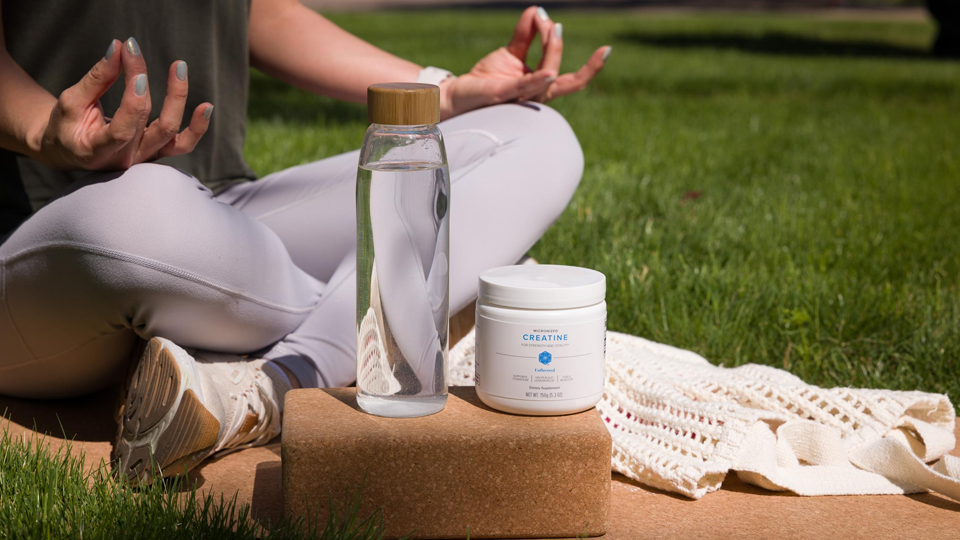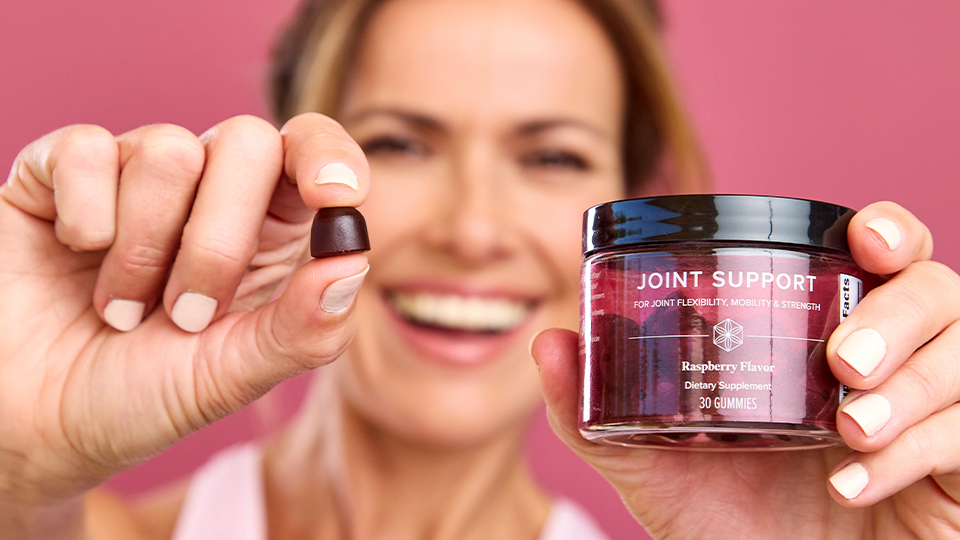If you’re a runner, drinking a protein shake after an exhaustive workout can help protect your bones, reduce your risk of a stress fracture, and help you train multiple times a day.
Long, grueling bouts of exercise can be pretty tough on your skeleton. Judging from markers of bone resorption (or loss) and bone formation, endurance running can sometimes be detrimental to bones and potentially to your health. For example, endurance runners can suffer bone resorption, without any increase in bone formation, for up to four days after one exhaustive run.
While getting your regular intake of nutrients like protein, carbs, and calcium would be enough to protect and even strengthen bones under normal conditions, studies have shown that eating a nutritious breakfast doesn’t appear to be enough to suppress the effects of intense endurance training on bone loss.
Now a group of exercise researchers from the United Kingdom looked into what happens when endurance athletes consumed a mix of protein and carbs after a workout in the form of a shake that provided 1.5 grams per kilogram body weight of carbohydrates and 0.5 grams per kilogram body weight of whey protein.
Study on Endurance Runners
The study’s goal was to find out what effect the shake would have on bones if consumed either immediately or two hours after intense running. The participants were all trained endurance runners who were competing and training for half marathon, marathon, or ultradistance races.
The randomized, crossover study consisted of three trials: the athletes either consumed a placebo drink both immediately and two hours post-exercise; a protein-carb shake immediately and placebo drink at two hours post-exercise; or placebo immediately and the protein-carb shake two hours post-exercise.
The athletes stayed hydrated and stuck to a consistent daily diet composition of 2000 calories made up of 55 percent carbohydrate, 30 percent fat, and 15 percent protein.
For the study, all the participants ran to exhaustion at 75 percent of their VO2 max, a very intense workout. They had blood draws every hour for four hours into recovery. They each repeated the trials at exactly the same time each day to prevent any variation of their normal daily rhythms.
The Sooner the Better for Post-Run Shakes
From the blood draws, the researchers described the main findings that the post-run shake suppressed markers of bone loss. The greater overall suppression of bone resorption happened when the shake was consumed immediately after the exhaustive workouts.
In fact, the researchers wrote that the ingestion of the protein and carbs “immediately post-exercise caused a rapid and prolonged (at least four hours) suppression” of bone resorption markers. But the ingestion of the placebo drink immediately post-exercise left bone resorption markers increased to the point of indicating bone loss.
For elite athletes who are in the habit of training multiple times a day, with little time for recovery in between, these results might mean that they’re better off timing their consumption of food to maximize post-exercise ingestion of protein and carbs.
Through either timing of a balanced meal or a nutritious shake after intense runs, athletes could find the results useful for avoiding injuries while training regularly.
Reference
Townsend R, Elliott-Sale KJ, Currell K, Tang J, Fraser WD, Sale C. The effect of postexercise carbohydrate and protein ingestion on bone metabolism. Medicine & Science in Sports & Exercise. (Published Ahead of print) doi: 10.1249/MSS.00000000000001211





